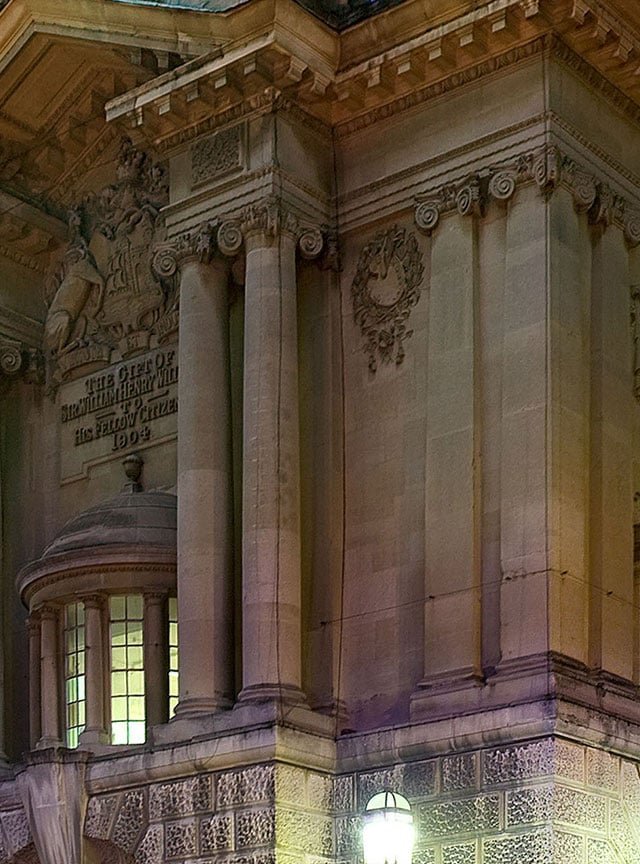
A pen case, as used by Muslim scribes, is very unusual in Chinese ceramics. The flower scrolls on the walls are fairly typical of mid-18th century Chinese export porcelain, but the flower-spray on the base is very unusual in being a close imitation of Meissen design. The most striking feature is concealed inside the lid. Two Muslim Indians are seated on a carpet on a terrace, holding nosegays, one man reclining on a cushion. The Chinese decorator has faithfully provided both men with small trays for betel nuts and the accompanying lime. We see a spittoon and, on a cushion, a jamdar dagger. The left-hand figure alone has a sword and shield beside him. The source would have been an Indian painting in the 18th century provincial Mughal style. Little Chinese export porcelain was commissioned with designs specifically for the Indian market.
More information
Title of artwork, date
Porcelain pen box, 1750
Date supported
1996
Medium and material
Porcelain with silver mounts
Dimensions
16 x 5 x 3 cm
Grant
1750
Total cost
5800

Get a National Art Pass and explore Bristol Museum & Art Gallery
You'll see more art and your membership will help museums across the UK
National Art Pass offers available at Bristol Museum & Art Gallery
10% off in shop
Enjoy 10% off in the shop with the National Art Pass
Expires: 1 Jan 2026
Art Funded by you FAQs
Contact us
If you have a question about a work of art in our archive, please contact the Programmes team. We’ll be happy to answer your enquiry.